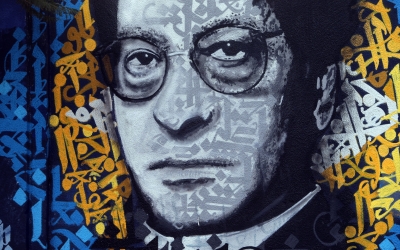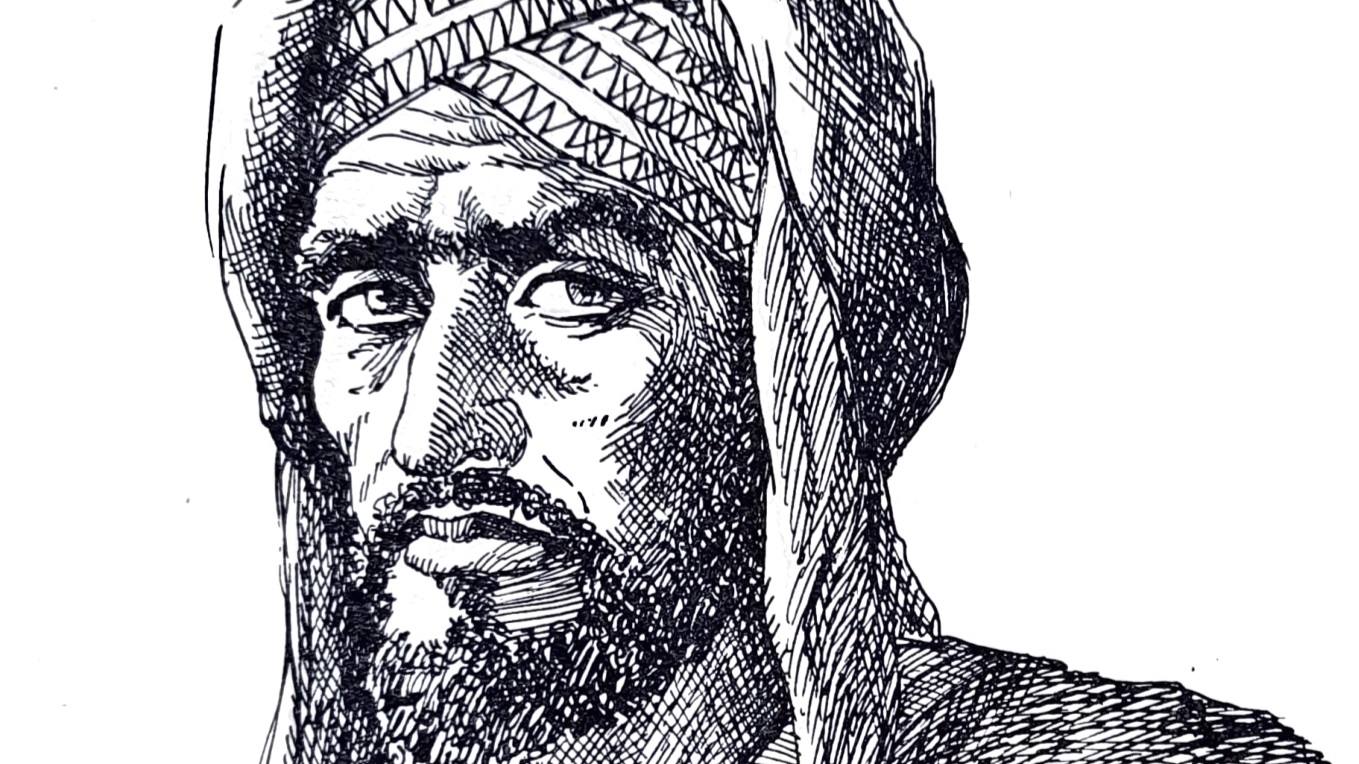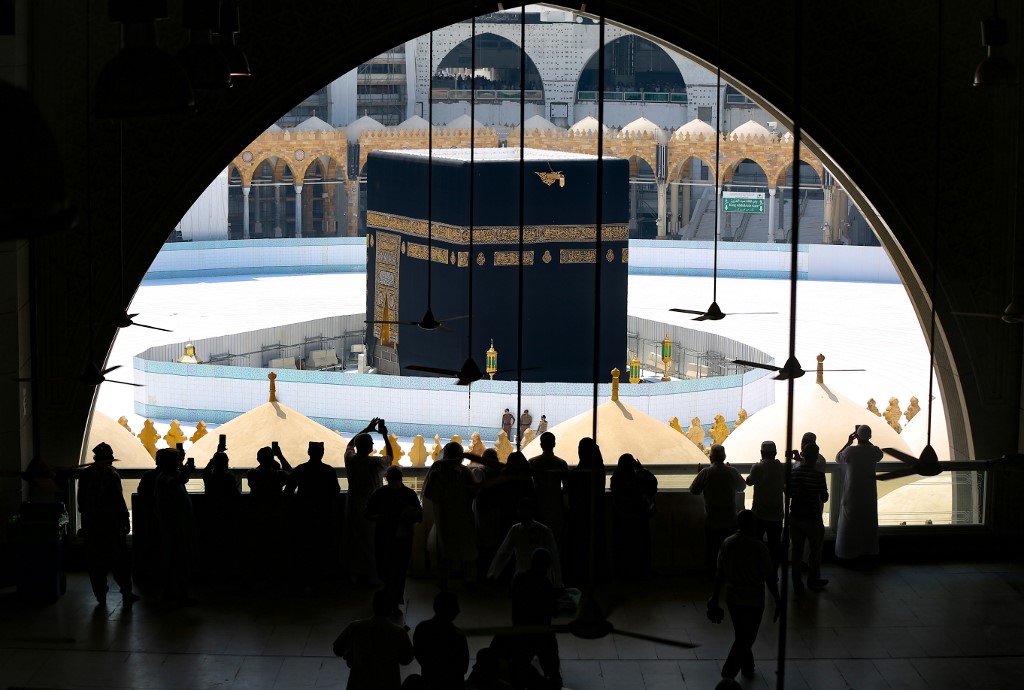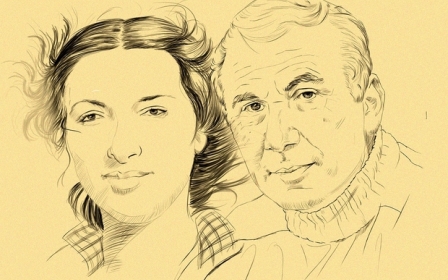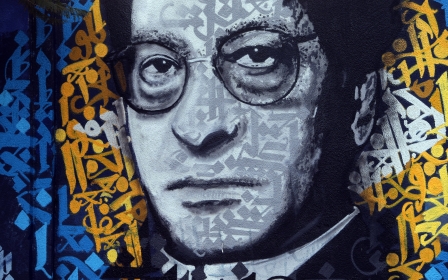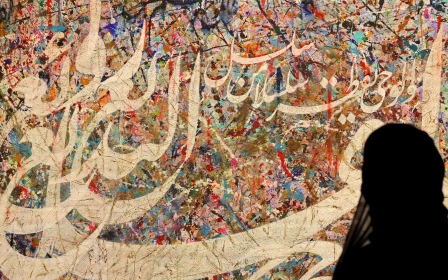The Mu’allaqat for Millennials: Ancient Arabian lessons for the modern poet
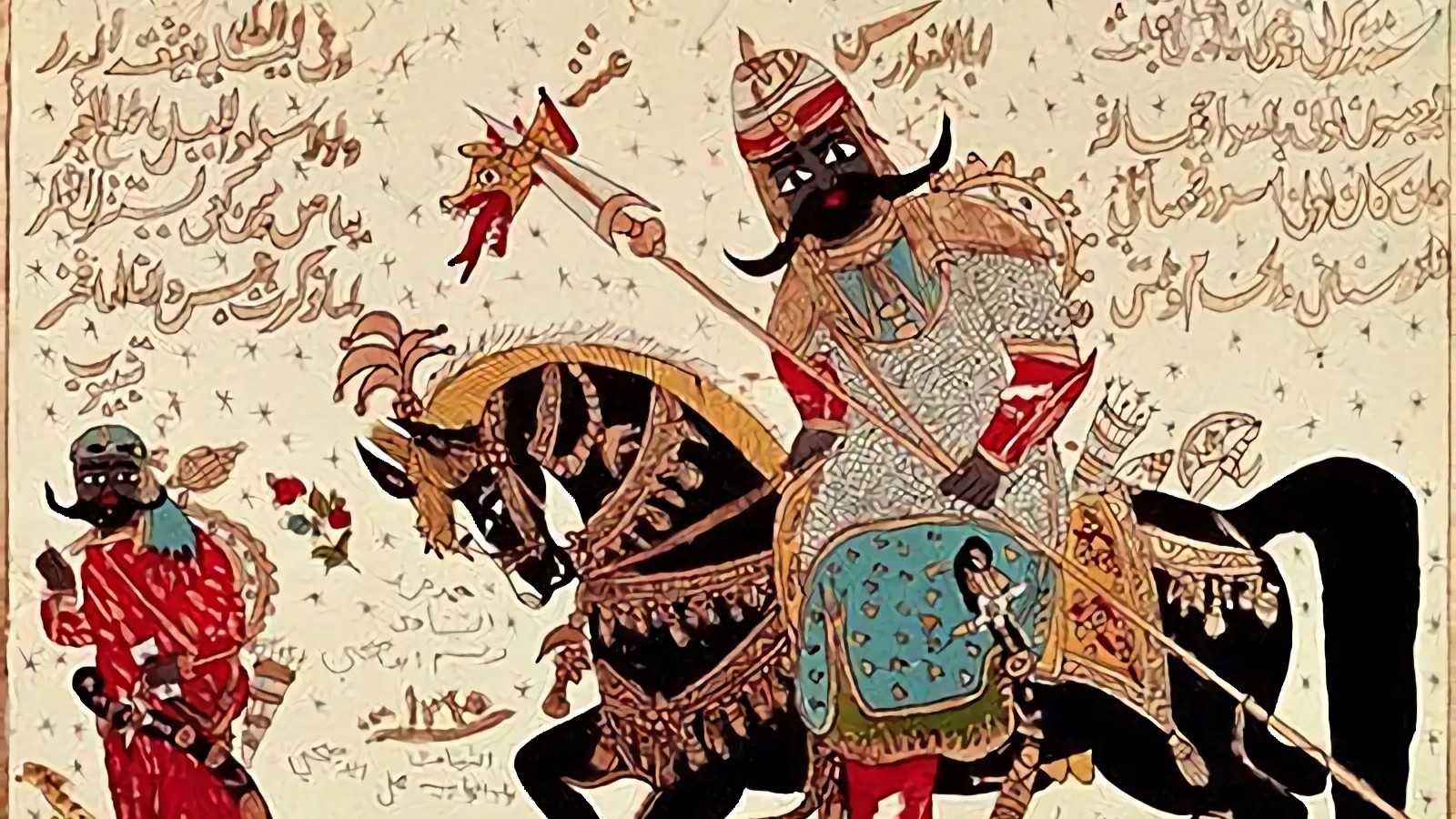
In the late 1960s, Jaroslav Stetkevych, a scholar of Arabic literature, delivered a lecture to a group of academics of the Middle East at St Antony’s College, Oxford. While not excluding himself from blame, he laid out in unabashed terms an indictment of his field, proclaiming: “We orientalists are used to behaving like an exotic, esoteric clan…We think the outside world does not and is not qualified to understand us.”
Above all, Stetkevych called for a radical shift in translation, challenging his fellow Arabists to find ways to “stimulate a nascent poet in the English language, for example, to find some creative affinity with Imru' al-Qais or Al-Mutanabbi”.
He was referring to two of the greatest old Arab poets who had not cut through with western creatives. However, Stetkevych was alluding to a wider tradition of Arabic writers, who tackled universal aspirations and human values in all their forms.
He was also implying something else: that if Arabic poets had been translated in a way that captured their creative core, then contemporary western poets might be inspired – just as many Arab poets had been inspired for centuries before.
The widely translated and iconic Palestinian poet Mahmoud Darwish is one of countless Arab poets, for example, who found an affinity with the large canon of the ancient Arab past.
New MEE newsletter: Jerusalem Dispatch
Sign up to get the latest insights and analysis on Israel-Palestine, alongside Turkey Unpacked and other MEE newsletters
Qais appears in several of Darwish’s poems, but most clearly in his poem A non-linguistic dispute with Imru' al-Qais, which the Iraqi scholar and writer Sinan Antoon has called an allegorical critique of the Oslo accords.
Mmore than half a century has passed since Stetkevych’s intervention, and there has since emerged a considerable collection of inspirational Arabic literature in English translation – even of the classics.
Despite the many obstacles Arabic literature faces in reaching English language audiences, there appear to be several Anglophone poets dipping their toes in the waters of the pre-modern Arabic literary past.
Mu‘allaqat for Millennials
The Mu’allaqat, or "hanging poems", were a compilation of seven or 10 pre-Islamic odes by famed classical Arab poets, such as Antarah Ibn Shaddad and Qais, that were supposedly inscribed in gold and hung on the Kaaba in Mecca.
A recent project sought to translate the collection into English in a 2021 publication titled Mu‘allaqat for Millennials. Sponsored by the Saudi King Abdulaziz Center for World Culture (Ithra) and in collaboration with Al Qafilah, a cultural magazine by Saudi Aramco, the project brings together a team of eight commentators and translators.
It comes as no surprise that the translator who took on Qais is scholar Suzanne Stetkevych, the wife of the late Jaroslav, who passed away in June 2021.
She had first translated the poems in her famous 1993 scholarly book The Mute Immortals Speak. For the more recent rendering, she received help from her son, Khalid, an English major student and heavy metal musician, who – as a millennial himself – helped make the language more accessible for contemporary audiences.
While the Mu’allaqat have been translated many times into English, going all the way back to British Arabist Sir William Jones in the 18th century, few have aimed the works at a general audience, or a “new generation of young readers” – and none had translated all 10 until the Mu’allaqat for Millennials project. This bilingual edition is a landmark in its field, reinforcing the idea that the Mu’allaqat are relevant today, deserving a place in world literature.
American poets and Arabic poetry
The Mu‘allaqat for Millennials introduction says “these poems entwine gracefully with today’s creative writing”.
There are several American poets who have shown interest in the Mu‘allaqat in translation, but the most consistent has been the acclaimed poet Frederick Seidel, who had been trying to translate the poem for 20 years. In what Seidel calls a tribute, he loosely translates the Mu‘allaqa of Imru’ al-Qais with his own spin, one that comments on contemporary events and figures, such as the war in Afghanistan, the leader of Dubai and North African hipsters in Parisian banlieues.
Ange Mlinko is another American poet who was inspired by pre-Islamic Arabic poetry, specifically translating an elegiac poem by the sixth- and seventh-century poet Labid. She also translated the Mu‘allaqa from the sixth century by Abid bin Al-Abras, who is considered the earliest of the pre-Islamic poets of Arabia.
Yet Mlinko's renderings, which include some obsolete Anglo-Saxon vocabulary, were based on a translation by the scholar Alan Jones, who did not aim to be poetic at all, and instead provided something closer to literal translations loaded with footnotes.
Library of Arabic Literature
Another initiative that clearly captures the transformative power of Arabic literature through translation is the Library of Arabic Literature, an ambitious publishing project run for nearly a decade by New York University Press.
Since 2013 the series has produced lucid modern English translations of significant works of Arabic literature, which span the seventh to 19th centuries. The choice of material in the series pushes beyond stereotypes, such as the “golden age of literary narrative”, which supposedly ends with the 1258 Mongol siege of Baghdad. It includes cookbooks to sayings of the Prophet Muhammad to poetry and prose – the collection of books targets a diverse audience with various levels of proficiency in Arabic and English.
And while the library has not yet published Imru' al-Qais or the complete works of Al-Mutanabbi, it has published names such as Ibn Khaldun, Ibn al-Muqaffa' and Abu Ali Miskawayh, among many others.
One of the most impressive translations is of the half-slave, half-aristocratic poet-warrior Antarah, an Arabic poet whose ode was included as one of the Mu’allaqat alongside Qais. His poems were translated into English by James Montgomery with the help of poet Richard Sieburth in the 2018 publication,War Songs. The text also appeared in an English-only paperback aimed at a wider audience who may find the parallel Arabic text daunting.
There are already examples of the texts influencing creative writers. Award-winning Canadian poet Anne Carson's own War Song, a 2018 poem that appeared in the New York Review of Books, includes the lines:“If I, a poet, were asked for details of battle I’d quote Antarah Ibn Shaddad."
She continues with a borrowing from War Songs: “The antelopes sprinted right and left – wondering could I smuggle a flicker of shyness into antelope eyes and parley my own death one more mighty moment.”
Full circle
Many English-language scholars and initiatives focused on pre-modern Arabic literature preach about the importance of the past in understanding contemporary literature, arguing that the line between pre-modern and modern is fabricated.
Another strong demonstration of this continuum are a couple of nascent English language poets who also draw inspiration from the Arabic pre-modern literary canon, such as Ahmad Almallah and Fady Joudah. While their work is not a direct result of translation, since they can access the Arabic, they are engaged in creative forms of translation that might motivate other poets writing in English, just like the Library of Arabic Literature or Mu’allaqat for Millennials.
In his 2019 debut collection Bitter English, Almallah gives us finely crafted poems that reflect his own experience of living in American exile while yearning for his home in Palestine, his mother tongue Arabic, and his mother, who struggles with Alzheimer's. In the last poem of the collection, the epilogue titled Another Tongue Sustains You, he evokes Qais and quotes a few loosely translated lines:
And the line tells us: stop, stand
Up – should we cry?
The memory of loved ones,
The specific places of the heart,
The one shaped and
Shaping…
In a 2022 prose piece for Poetry Magazine titled Arabic Was No Longer My Arabic, Almallah continues his musings on language. He writes: “My dream, from childhood, was to belong to the tradition of Imru' al-Qais and al-Mutanabbi – to write in the Arabic I lived with and loved as a child growing up in Bethlehem, Palestine.”
It was as a young boy, perhaps in the first grade, when language started to mean something to Almallah, as he read and recited the pre-Islamic Arabic odes without knowing what the words meant.
We woke today to learn that Jaroslav Stetkevych has joined the ancestors. ARCE mourns the loss of this kind giant of Arabic literature. A member of our family since his 1966 fellowship, we send condolences to Suzanne, his wife and partner, and family. pic.twitter.com/S0IBjkXAFU
— American Research Center in Egypt (@ARCENational) June 16, 2021
Fady Joudah, the Mahmoud Darwish translator and poet who practises internal medicine in Houston, sees his 2021 poetry collection Tethered to the Stars as a more direct link to Qais. In fact, the title is a reference to part of his mu‘allaqa, which Joudah translates below as:
A night like sea wave drapes me with all sorts of trouble
A night whose stars are tethered to solid stone with linen ropes.
Both poets have impeccable ears, a connection to the Arabic literary heritage and an astute consciousness of themselves and the difficult path they navigate as Arab-Americans juggling the political terrain of 21st-century America. They reflect beautifully in their respective collections, and become akin to the lost poet in search of water in a parched Arabian desert.
More than 50 years since Stetkevych’s lecture in the late 1960s, the blood, sweat and tears of writers bringing the masterpieces of the Arabic literary tradition into English are starting to have a cascading effect, breaking beyond the walls of academia and producing contemporary fresh translations and interpretations.
It will be interesting to see the subtle and direct ways in which old Arabic poetry continues to converse with and influence English writing in the future.
Middle East Eye delivers independent and unrivalled coverage and analysis of the Middle East, North Africa and beyond. To learn more about republishing this content and the associated fees, please fill out this form. More about MEE can be found here.



